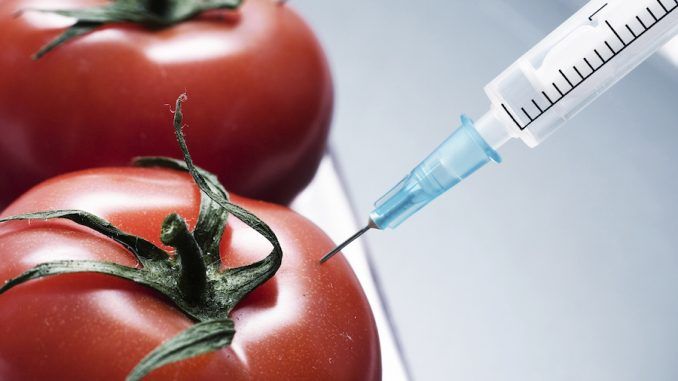
An Australian environmental group has found nanotechnology in multiple popular food items in Australia’s food supply.
Despite the Food Standards Agency (FSANZ) previously denying that nanotechnology was used in food, the environmental group Friends of the Earth tested food products from popular brands such as Mars, Nestle, Woolworths white source, and many others – and found nanoparticles in 14 of them.
Smh.com.au reports:

BYPASS THE CENSORS
Sign up to get unfiltered news delivered straight to your inbox.
You can unsubscribe any time. By subscribing you agree to our Terms of Use
“FSANZ kept saying there’s no evidence of it, we’re not going to do any testing. But all 14 samples came back positive, indicating widespread use of nanoparticles in foods in Australia,” said the group’s emerging tech campaigner, Jeremy Tager.
“Everybody would want to think food is tested and assured to be safe before it hits supermarket shelves. FSANZ is conducting a living experiment with people. It has inexcusably failed in its role as a regulator.”
A human hair is about 100,000 nanometers wide. Nanoparticles are typically less than 100 nanometres and are used to stretch the shelf life and improve the texture of food.
There is no conclusive evidence that nano-titanium dioxide, which whitens and brightens, and nano-silica, which prevents caking, are completely safe to eat. They have been shown to interfere with the immune system and cause cell damage.
The lab test of the 14 supermarket goods, which also included Eclipse chewy mints, Old El Paso taco mix, and Moccona Cappuccino, was conducted by a world-class nanotechnology research facility at Arizona State University.
The Food Standards code does not require nanoparticles to be declared on labelling. Nano-titanium dioxide (E171) can be simply described as the conventional-sized type and as “Colour (171)”. Nano-silica (E551) can be listed as the conventional version and as “Anti-caking agent (551)”.
FSANZ told Fairfax Media it had not identified any health impacts linked with the consumption of the two types of nanoparticles.
“If FSANZ became aware of a potentially unsafe food or ingredient, we would conduct a risk assessment and recommend appropriate control measures,” a spokesperson said. “It considers the current risk assessment framework is generally sufficient to assess the safety of new or novel nanoscale materials.”
But Professor Thomas Faunce, from the Australian National University’s College of Law and College of Medicine, said the Friends of the Earth’s research exposed FSANZ’s safety claims as “a sham, a lie”.
He said at the very least companies should be required to declare nanoparticles on food labelling so that shoppers can make an informed choice, like in the European Union.
“These aren’t naturally occurring nanoparticles. Cellular studies show that titanium dioxide and silica nanoparticles can damage DNA, and it appears they adversely impact the immune systems of rats in experiments,” he said.
“The jury is still out. There’s absolutely no doubt that we don’t have absolutely conclusive evidence that they’re safe.”
Woolworths said all its branded products met Australian food safety requirements. It did not specifically address questions on its possible use of the nano-titanium dioxide and nano-silica.
“Where we do use food additives, these are permitted for use by the Food Standards Code,” a spokesperson said.
Global food and confectionery giant Mars also did not address questions on its possible use of the nanoparticles.
Nestle said it did not add engineered nanoparticles to any of its products.


